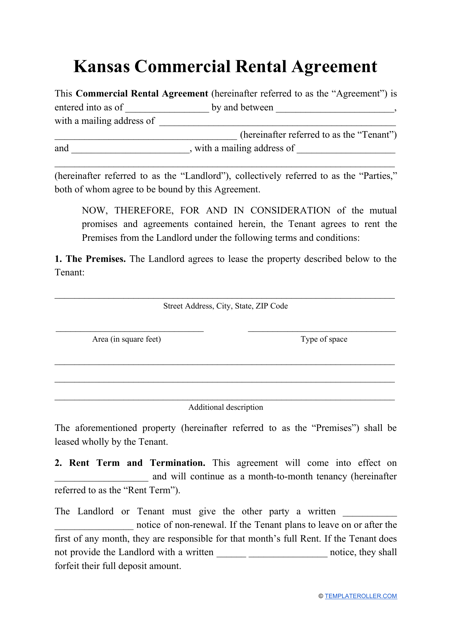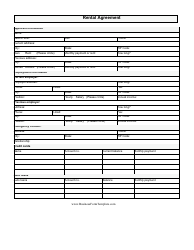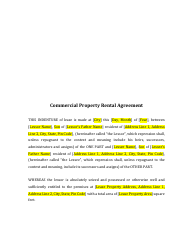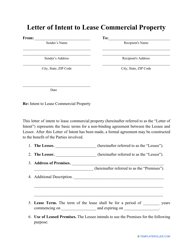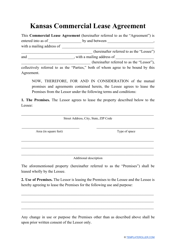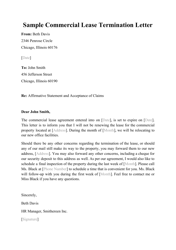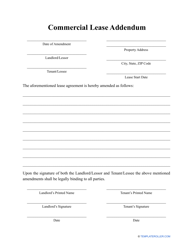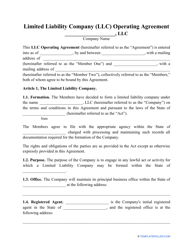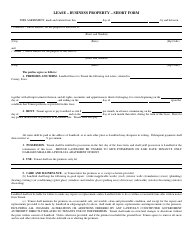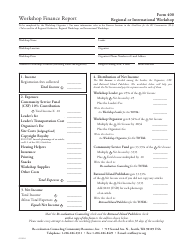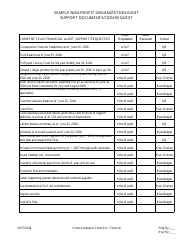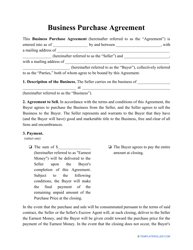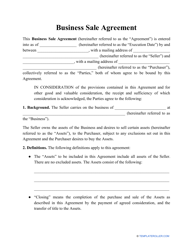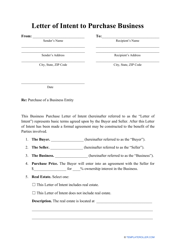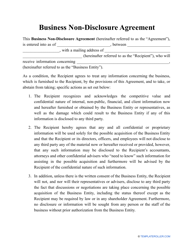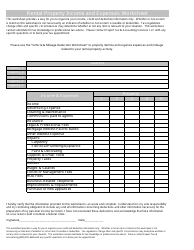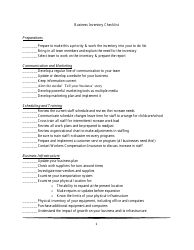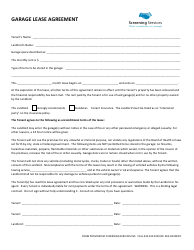Commercial Rental Agreement Template - Kansas
The Commercial Rental Agreement Template - Kansas is a legal document that outlines the terms and conditions of renting a commercial space in the state of Kansas. It is used by landlords and tenants to establish the rights and responsibilities of each party during the lease period.
The commercial rental agreement template in Kansas is typically filed by the landlord or property owner.
FAQ
Q: What is a commercial rental agreement?
A: A commercial rental agreement is a legally binding contract between a landlord and a business tenant, outlining the terms and conditions for renting a commercial property in Kansas.
Q: What should be included in a commercial rental agreement?
A: A commercial rental agreement should include details such as the names of the landlord and tenant, property description, lease term, rent amount, payment terms, maintenance responsibilities, and any additional terms and conditions specific to the rental agreement.
Q: Is a commercial rental agreement different from a residential lease?
A: Yes, a commercial rental agreement is different from a residential lease as it is specifically tailored for business tenants and includes provisions related to commercial activities, such as business use, signage, and compliance with zoning regulations.
Q: Can a landlord increase the rent during the lease term?
A: Typically, a landlord can increase the rent during the lease term if it is allowed in the commercial rental agreement. However, Kansas law does not impose any restrictions on rent increases for commercial properties.
Q: Can a tenant terminate a commercial rental agreement in Kansas?
A: Whether a tenant can terminate a commercial rental agreement in Kansas depends on the terms specified in the agreement. Some agreements may allow early termination with certain conditions, while others may require the tenant to fulfill their lease obligations.
Q: What happens if there is a dispute between the landlord and tenant?
A: In case of a dispute between the landlord and tenant, it is advisable to seek legal advice. Depending on the nature of the dispute, it may be resolved through negotiation, mediation, or legal action.
